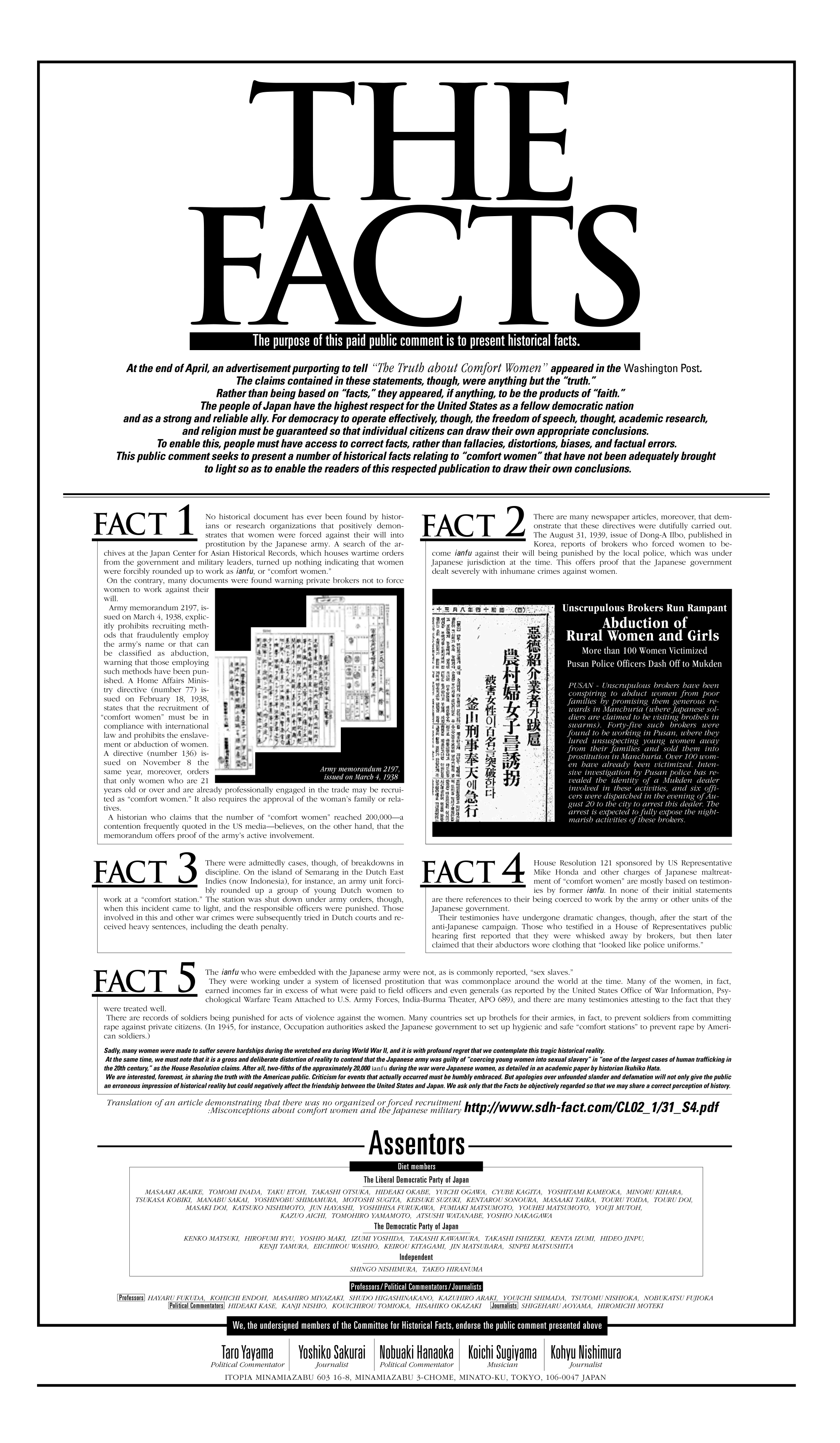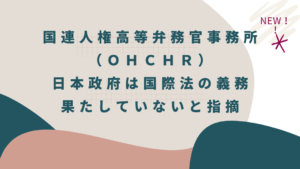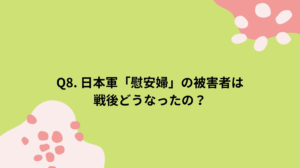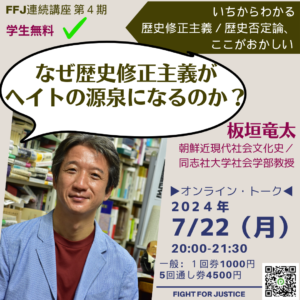There are newspaper articles showing that the police cracked down on contractors who forced women to become prostitutes? There are newspaper ads advertising for comfort women, which indicate that women applied of their own free will?
Historical Facts Committee members like Yoshiko Sakurai point to an article in the August 31, 1939 Korean paper Toa Nippo (“East Asia Newspaper”) about the police punishing contractors who made women “comfort women” against their will. Please see below for their advertisement in the Washington Post on June 14, 2007.
It says that the Korean police in Busan had arrested brokers who had abducted women to bring them overseas. Does this indicate that the police arrested contractors who made women become “comfort women” against their will?
Other similar articles such as this are known to exist. It is a matter of course that police should arrest anyone involved in the abduction and trafficking of women overseas, since it is a crime in violation of Article 226 of the Penal Code. However, the problem is whether these arrests concern “comfort women” as such. The full text of the article is as follows:
Unscrupulous Brokers Run Rampant / Abduction of Rural Women and Girls / More than 100 Women Victimized / Pusan Police Officers Dash Off to Mukden
[Busan] Unscrupulous brokers have been conspiring to abduct women from poor families by promising them generous rewards in Manchuria (where Japanese soldiers are claimed to be visiting brothels in swarms). Forty-five such brokers were found to be working in Pusan, where they lured unsuspecting young women away from their families and sold them into prostitution in Manchuria. Over 100 women have already been victimized. Intensive investigation by Pusan police has revealed the identity of a Mukden dealer involved in these activities, and six officers were dispatched in the evening of August 20 to the city to arrest this dealer. The arrest is expected to fully expose the nightmarish activities of these brokers.
As is apparent from a single reading, nowhere does it say “comfort women,” only “women”. It might refer to “comfort women”, but it also might refer to sex workers with no relation to the military. It is misleading to conclude that they were “comfort women.” What this article points to is the fact that the police were cracking down on criminal activities that infringed on the portion of the Japanese Penal Code that deals with Kidnapping for Transportation out of a Country.
However, the important question is, why were there so many “comfort women” sent overseas from Korea through kidnapping, abduction and trafficking, if there were also cases of the Penal Code being enforced? The reason for this is that tacit consent was given in cases of contractors selected by the police or military who possessed valid identification, while those without it were criminalized. In addition, even among those contractors involved in overseas trafficking without military backing, only a few were exposed.
Next, let us look at the claim that since advertisements for “comfort women” were in the Korean newspapers, women must have applied of their own free will and were generously compensated. The newspaper ads referred to are those in Keijo Nippo on July 27 1944 and Maeil Sinbo on October 27 1944.
In the Keijo Nippo advertisement, the age specified is between 17 to 23, the place of employment is said to be the comfort department of a unit in the rear, and the monthly salary is quoted as being over 300 yen. The advertiser is Imai shokai jo (Imai Agency), who is also the contractor (trafficking agent). In the Maeil Sinbo, the age specified is between 18 to 30, while no salary is mentioned. The recruiter is said to be a person named Heo, probably a Korean agent.
First of all, it is said that a monthly salary of 300 yen is very high, but in fact this is the typical sweet-talk often used by trafficking agents. It is rather naive to believe that this would have been the actual salary. In the case of an agent who was found guilty in March 1937 at The Supreme Court of Judicature, we learned that there had already been a case of such deception in 1932, where women in Nagasaki were abducted in response to a promised monthly wage of 200 to 300 yen.
Secondly, it is unlikely that girls would have applied as a result of reading this advertisement. It is true that those who were forced to become “comfort women” were born in the 1920s and would have been at schooling age from the end of 1920s and into the 1930s. However, unlike Japan, there was no compulsory schooling in colonial Korea. There were not even enough schools to begin with, and tuition fees were high. In addition, the way of thinking that girls didn’t need an education was pervasive in the Korean government and in Korean society. It was not until around 1933 that the enrollment rate for girls passed 10%. Most girls who were forced to become “comfort women” were not literate. It is also doubtful that a family who was so poor as to traffic their girls could afford a newspaper subscription.
So who were the advertisements aimed at? It was an appeal to other trafficking agents (sub-contractors). We must also note that that both Keijo Nippo and Maeil Sinbo were actually publications of the Governor-General. Since these advertisements were an open recruitment for “comfort women” for the purpose of trafficking overseas, it shows that the Governor-General sanctioned at least this aspect of the operation. The only ones who would have placed these ads would have been sub-contractors selected by the military. And as almost all sub-contractors engaged in kidnapping and human trafficking in gathering the women, it becomes proof that the Governor-General silently approved of these as well.
In Keijo Nippo, the words “an over-300 yen monthly salary (with a possible advance of up to 3000 yen)” are written in Japanese, so obviously this is aimed at agents who are able to read Japanese. The same ad came out on July 23, 24 and 26, and since no others appeared before or after, we can deduce that the military was in need of “comfort women” during this time and was rushing to recruit more. It is also important to note that the words “with a possible advance of up to 3000 yen” were added beginning on July 24. This is a financial advance to the agents to aid in their trafficking. These advertisements clearly show that the Governor-General of Korea silently condoned the kidnapping and international transport of the “comfort women”.
In addition, it is also important to note that these ads are proof of the Governor-General’s approval of the open practice of trafficking in women and girls under the age of 21 years of age, despite such activity being prohibited by international treaty.





